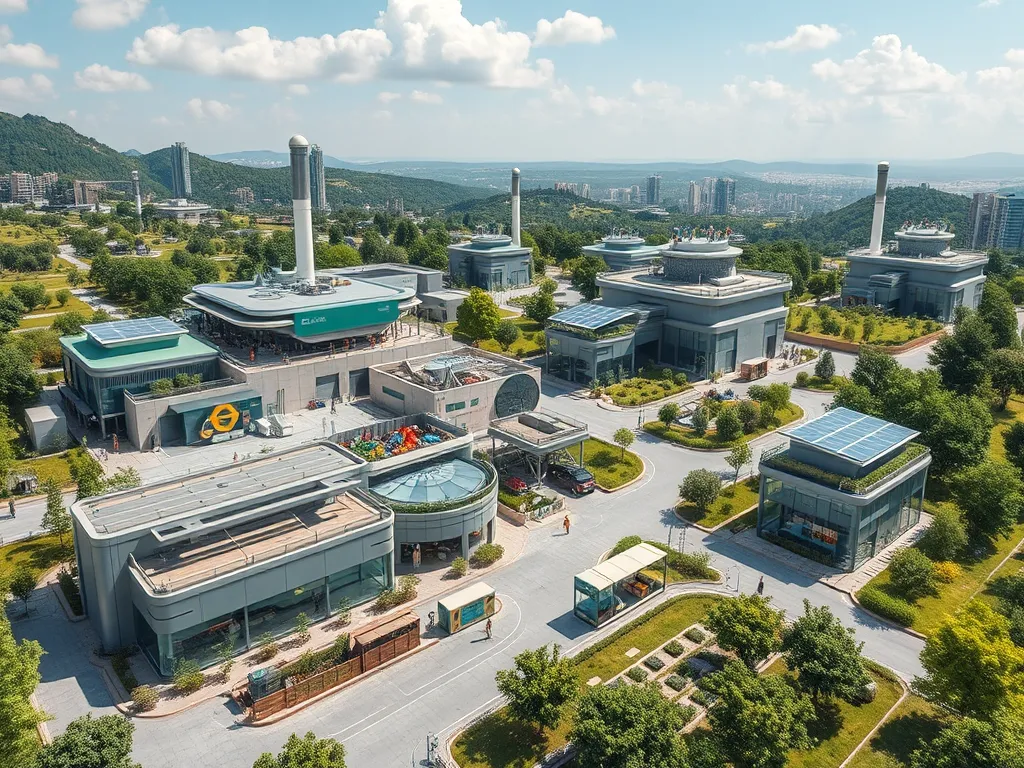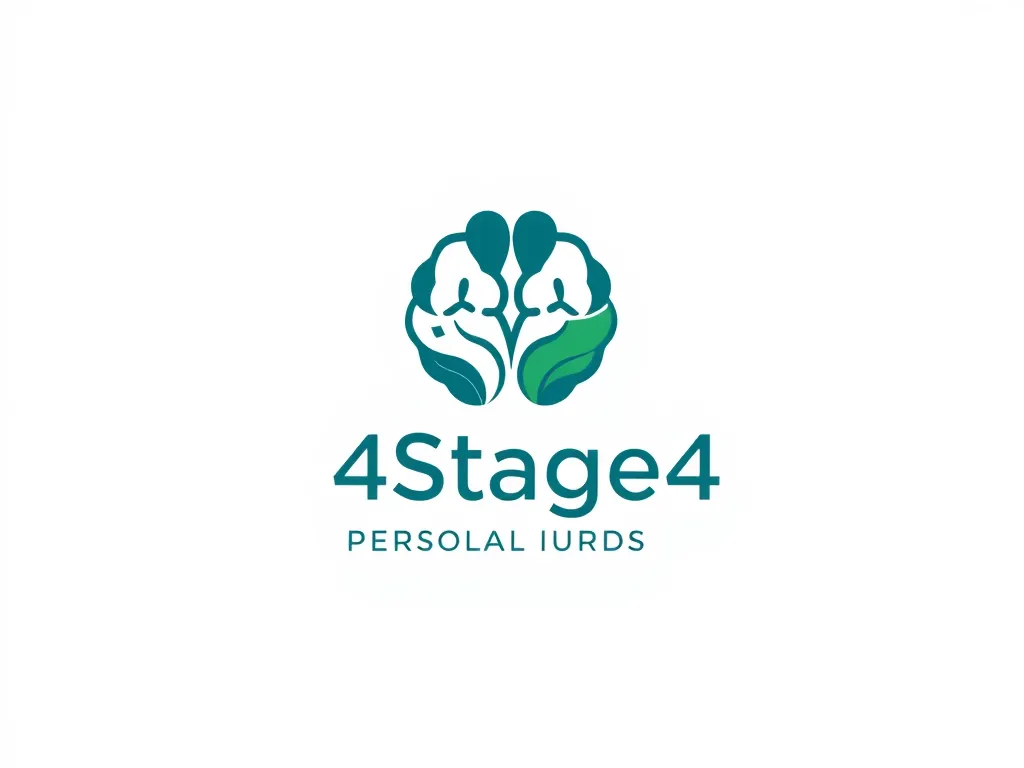Innovative Approaches to Future Waste Management Solutions

Future Waste Management: Innovations and Sustainable Practices for a Cleaner Planet
Future waste management is a pressing concern as the world grapples with increasing waste production and environmental degradation. It revolves around strategies and technologies designed to address the challenges of waste generation and disposal, while ensuring sustainability and efficiency. The essence of future waste management lies in adopting innovative methodologies that not only reduce waste but also promote recycling, reuse, and resource recovery.
As cities grow and populations increase, the need for effective waste management systems becomes more critical. Future waste management aims to reimagine waste not as a burden but as a resource that can be transformed through sustainable practices. This shift in perspective is vital for minimizing landfill usage, reducing environmental impact, and promoting a circular economy where resources are continually reused and recycled rather than discarded.
For innovative solutions to waste management challenges, explore the insights shared on Green.org.
To achieve these goals, various sustainable waste management practices are being developed and implemented worldwide. These include zero-waste initiatives, circular economy principles, community recycling programs, and sustainable composting techniques. By integrating these practices into daily life, communities and governments can significantly reduce the amount of waste generated and improve overall waste management systems.
Technology plays a crucial role in future waste management as well. Innovative solutions such as smart waste collection systems, artificial intelligence in sorting waste, waste-to-energy technologies, and robotics in recycling facilities are transforming how waste is handled. These advancements not only increase efficiency but also enhance accuracy in waste sorting and processing, paving the way for more sustainable waste management practices.
In addition to technological innovations, effective policy and regulation are essential for driving future waste management strategies. Global waste management policies, local government initiatives, incentives for reducing waste, and international agreements play a significant role in shaping how communities manage waste. By creating a framework that encourages responsible waste disposal and recycling, governments can foster a culture of sustainability.
Sustainable Waste Management Practices
Zero waste initiatives focus on redesigning resource life cycles so that all products are reused. This not only reduces waste but promotes sustainable consumption patterns and minimal resource extraction. Despite its ambitious goals, this initiative empowers communities to rethink their consumption habits, leading to less environmental impact.
Circular economy principles emphasize the importance of keeping resources in use for as long as possible. This involves designing products for durability, repairability, and recyclability. By adopting circular economy practices, societies can minimize waste generation while maximizing the value derived from resources, fostering a more sustainable economic model.
Community recycling programs encourage local residents to participate in waste separation and recycling efforts. These programs often provide education and resources to enable effective recycling, leading to higher recycling rates and community engagement in sustainability practices. By involving the community, these programs foster a collective sense of responsibility for waste management.
Sustainable composting techniques transform organic waste into valuable compost. By diverting food waste from landfills, composting reduces greenhouse gas emissions and produces nutrient-rich soil amendments. This practice not only helps in waste reduction but also contributes positively to soil health and local agriculture.
Technological Innovations in Waste Management
Smart waste collection systems utilize sensors and data analytics to optimize waste collection routes. This technology reduces fuel consumption and emissions, while ensuring timely collection services. By streamlining operations, municipalities can improve efficiency and reduce costs associated with waste collection.
The use of artificial intelligence in sorting waste has revolutionized recycling facilities. AI algorithms can identify and sort recyclables with higher accuracy than humans, leading to improved recycling rates. This technology not only enhances operational efficiency but also reduces contamination in recycling streams, making the recycling process more effective.
Waste-to-energy technologies convert non-recyclable waste into usable energy. By incinerating waste or utilizing anaerobic digestion, these technologies reduce the volume of waste sent to landfills while generating electricity or heat. This dual benefit supports energy needs and promotes waste reduction efforts.
Robotics is increasingly being adopted in recycling facilities to automate the sorting of materials. Robotic arms equipped with advanced sensors can perform repetitive tasks with precision, improving operational efficiency and safety in hazardous environments. The integration of robotics in waste management is an exciting advancement that holds the potential to increase recycling rates significantly.
Policy and Regulation for Waste Management
Global waste management policies shape the frameworks within which countries operate. These policies often encourage sustainable practices and set targets for waste reduction and recycling. International cooperation is essential to address transboundary waste issues and foster collaborative solutions for effective waste management.
Local government initiatives play a crucial role in enacting waste management policies at the community level. Through programs for composting, recycling, and education, local governments can promote sustainability and empower citizens to actively participate in waste minimization efforts. Government support for local initiatives fosters a culture of sustainability in everyday life.
Incentives for reducing waste, such as tax breaks for recycling programs or grants for sustainable business practices, encourage both individuals and companies to adopt waste-reduction strategies. These incentives promote innovation in waste management and create a financial motive for businesses to engage in sustainable practices.
International agreements on waste management, such as the Basel Convention, establish guidelines for the transboundary movement of hazardous waste and promote environmentally sound management practices. These agreements are vital for coordinating global efforts to tackle waste issues that transcend national borders and require collaborative action.
Consumer Behavior and Waste Reduction
Education on waste minimization is essential for cultivating sustainable consumer behavior. By raising awareness about the impact of waste on the environment and providing practical tips for reducing waste, educational initiatives empower consumers to make informed choices that promote sustainability.
The influence of social media on recycling behaviors has been significant in recent years. Campaigns and initiatives shared on social media platforms can drive community engagement and raise awareness about the importance of recycling and responsible waste management. These platforms serve as powerful tools for spreading knowledge and encouraging adherence to sustainable practices.
Behavioral changes for sustainability require a shift in mindset towards sustainable consumption and waste management practices. Encouraging individuals to consider the environmental impact of their choices can lead to significant reductions in waste generation. Simple changes in daily habits can collectively foster a culture of sustainability.
The impact of consumer choices on waste is profound. By prioritizing sustainable products, opting for minimal packaging, and supporting companies that engage in responsible waste practices, consumers can significantly reduce their personal waste footprint. Empowered consumer choices drive demand for sustainable products, influencing market trends towards a more circular economy.
Future Trends in Waste Management
Emerging recycling technologies are paving the way for more efficient waste sorting and processing. Innovations such as chemical recycling and advanced sorting systems promise to enhance recycling rates while reducing contamination. These technologies form the backbone of the future waste management landscape.
Trends in biodegradable materials are gaining prominence as more companies shift towards sustainable product design. The development of high-performance biodegradable materials helps reduce plastic waste and encourages responsible disposal practices. As these materials become more widely adopted, they can significantly transform waste management practices.
The future of landfills and alternatives is a critical consideration in waste management. With growing concerns about landfill capacity and environmental impact, there is a push towards developing alternative waste processing methods, such as anaerobic digestion and waste-to-energy solutions. These alternatives are more sustainable and can alleviate pressure on traditional landfill systems.
Innovations in hazardous waste management are crucial for ensuring public safety and environmental protection. New technologies and practices focused on the safe disposal and treatment of hazardous waste are emerging, decreasing the chances of contamination and promoting safer waste management practices globally.
